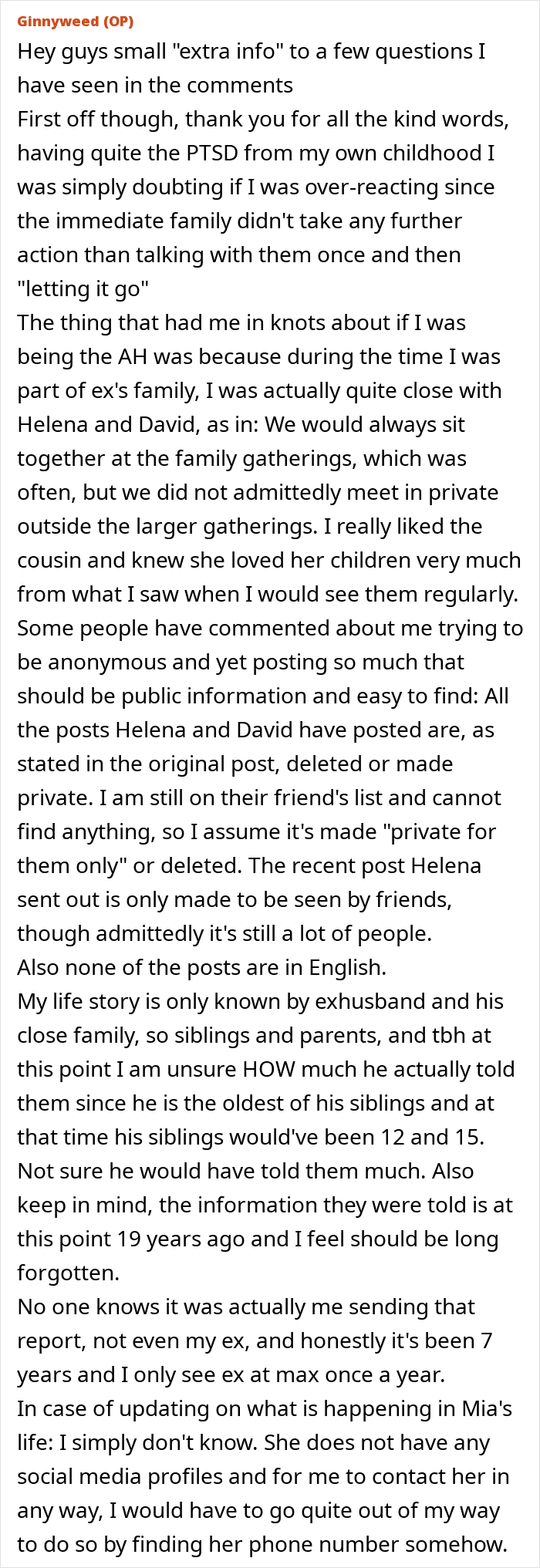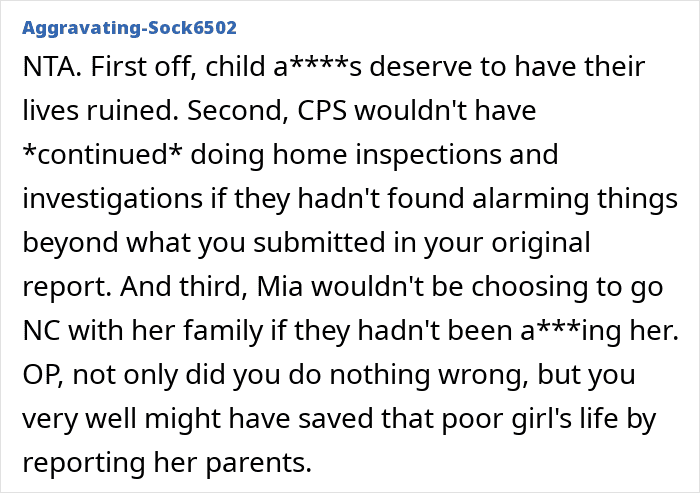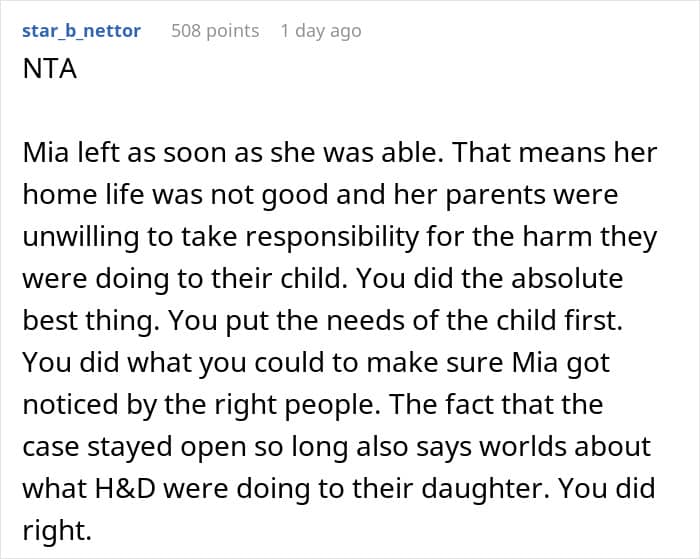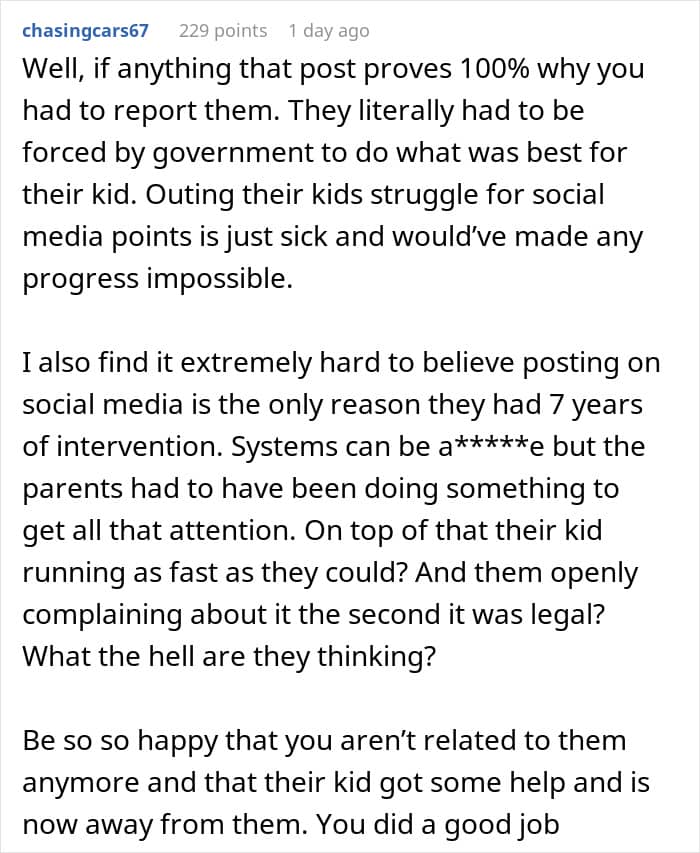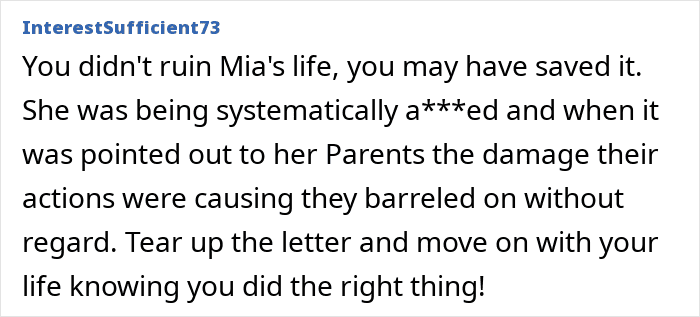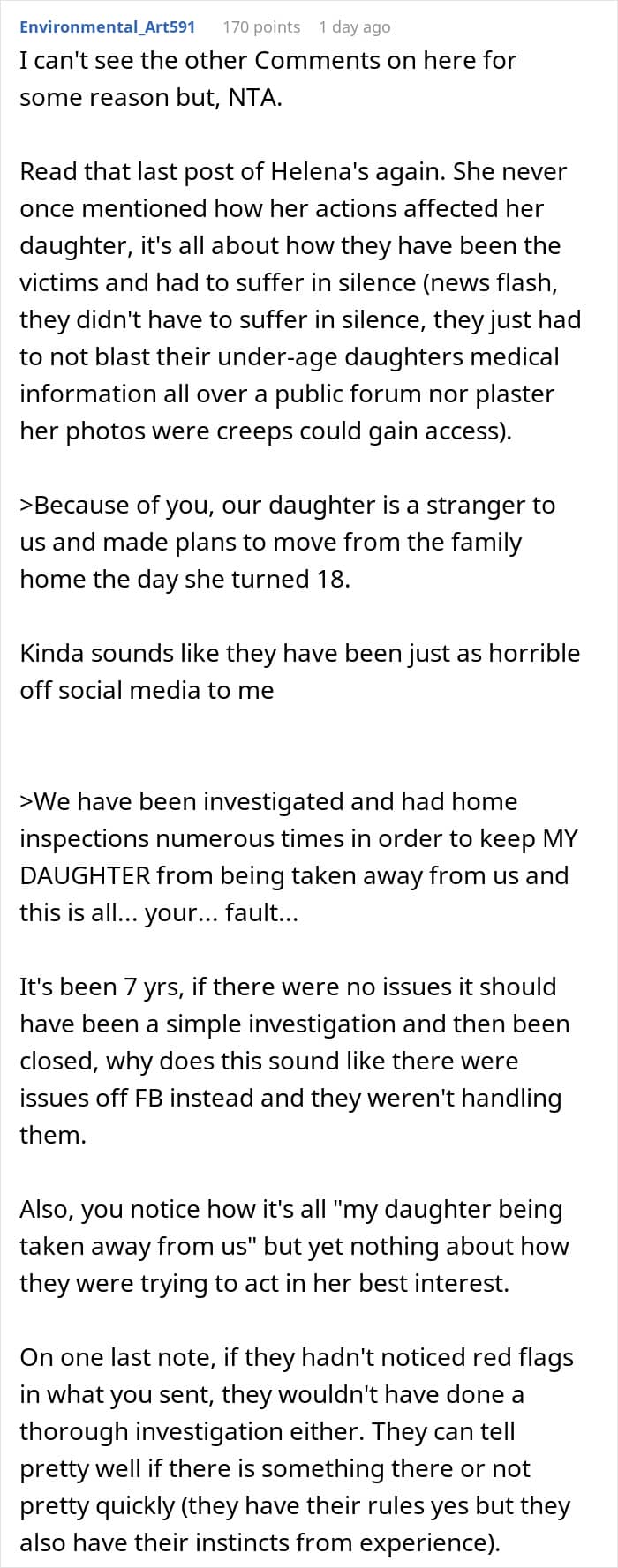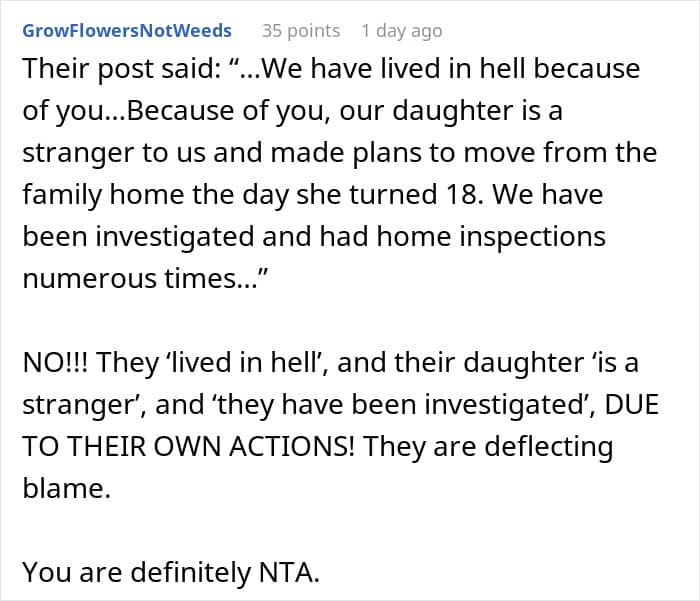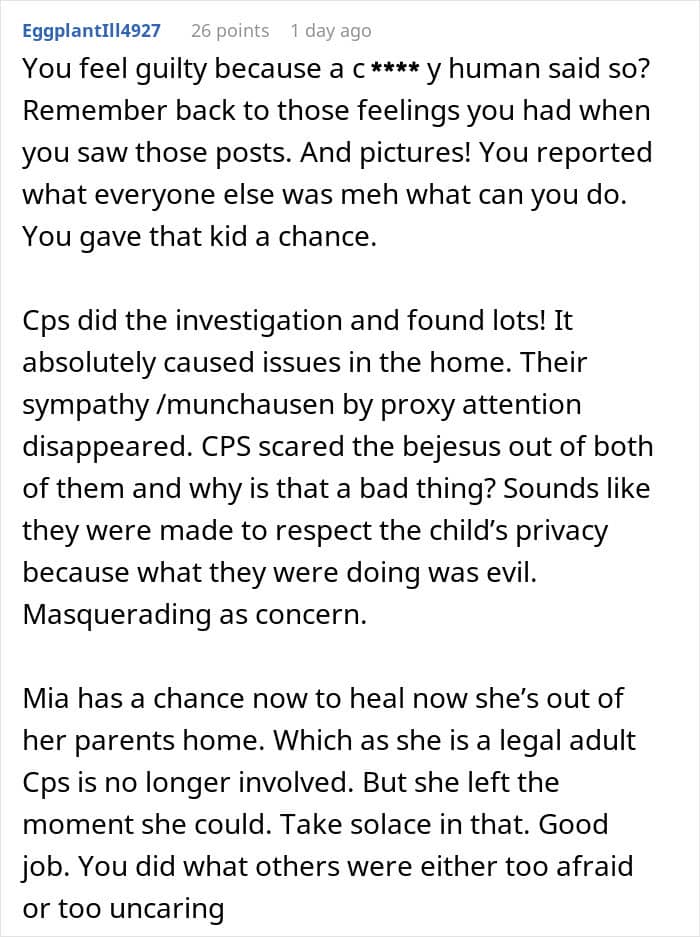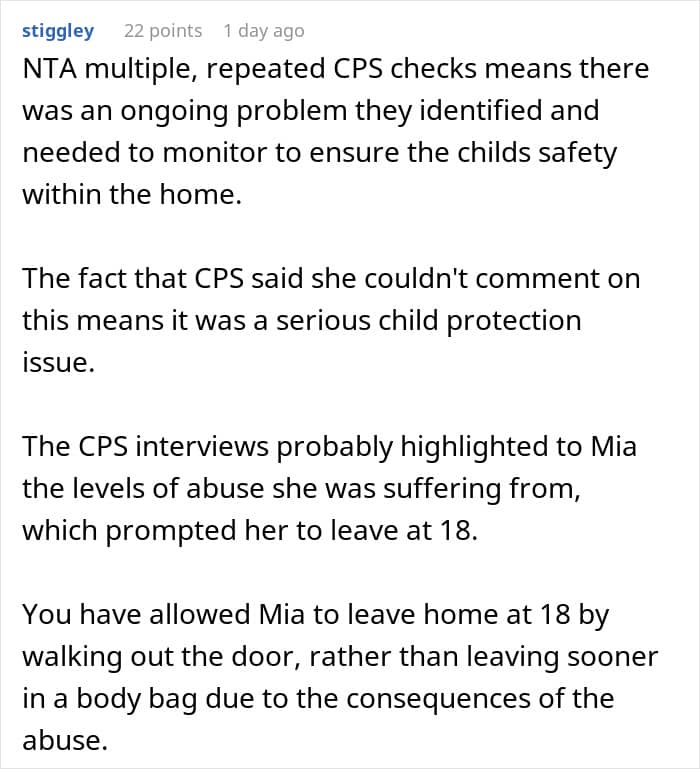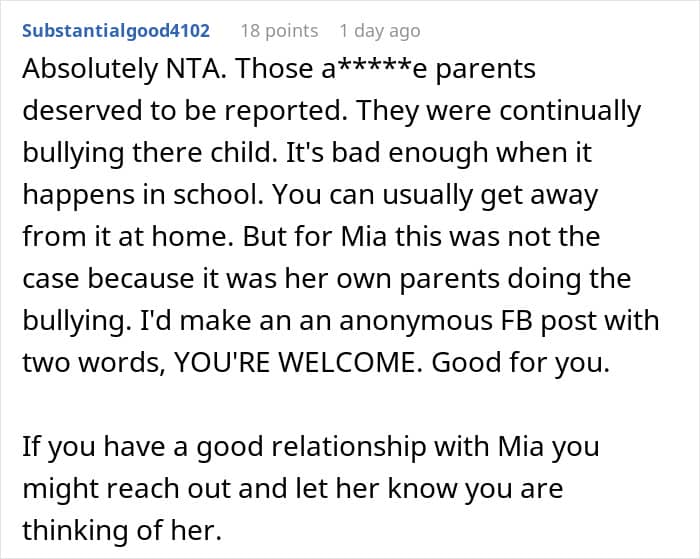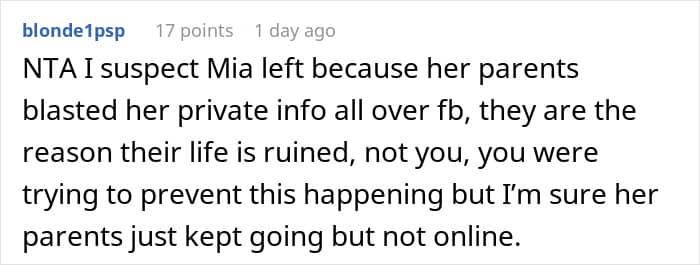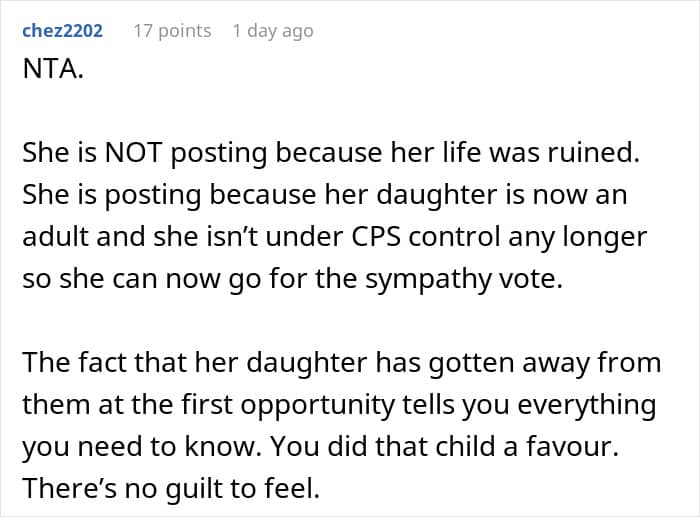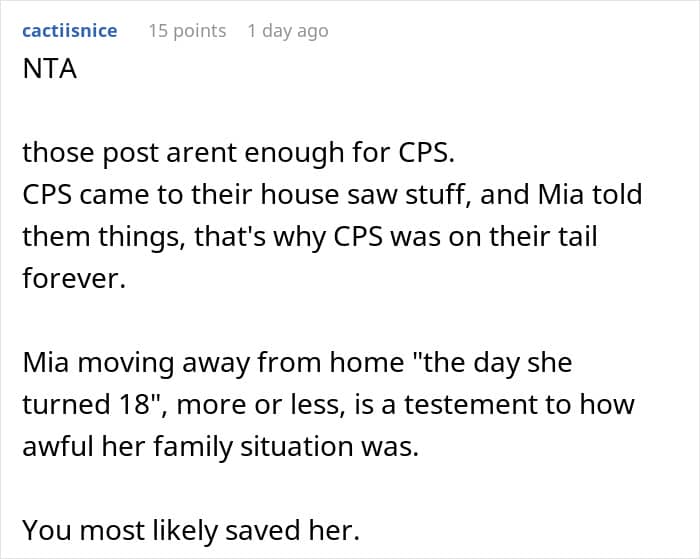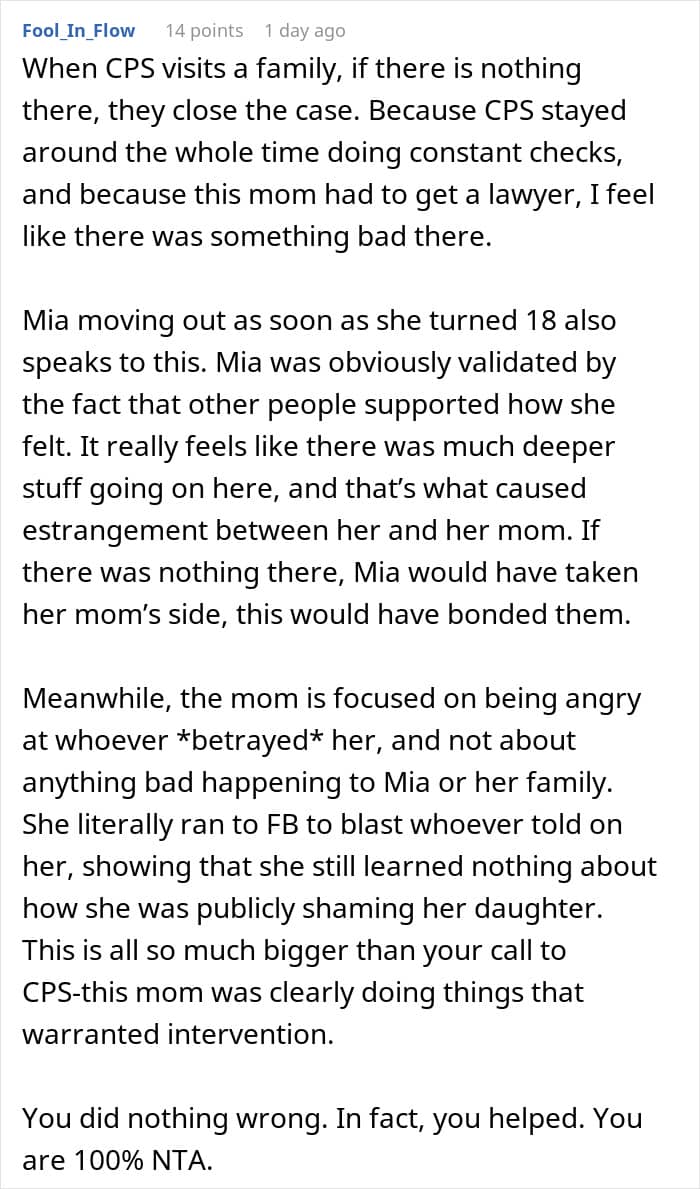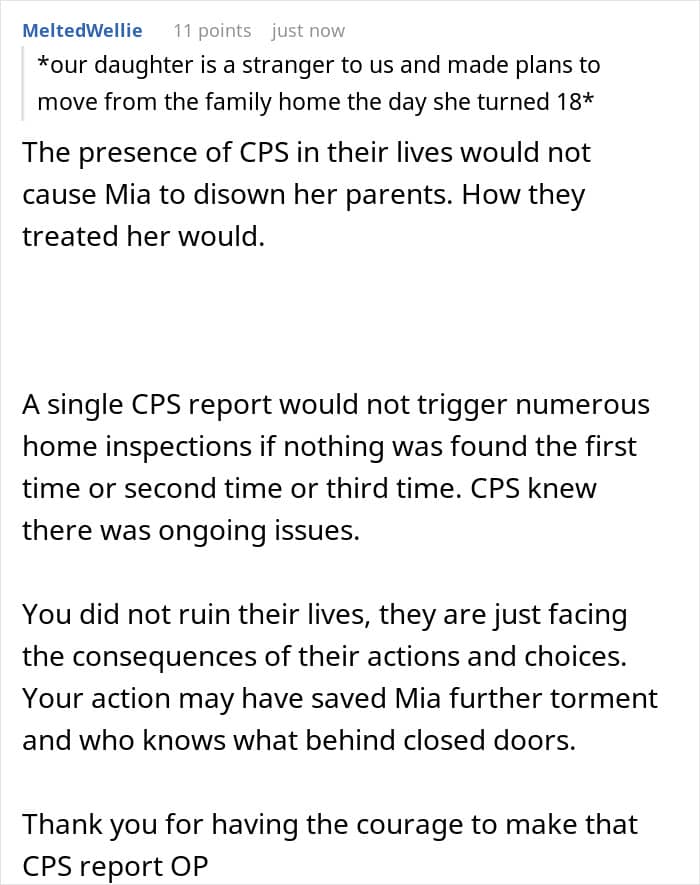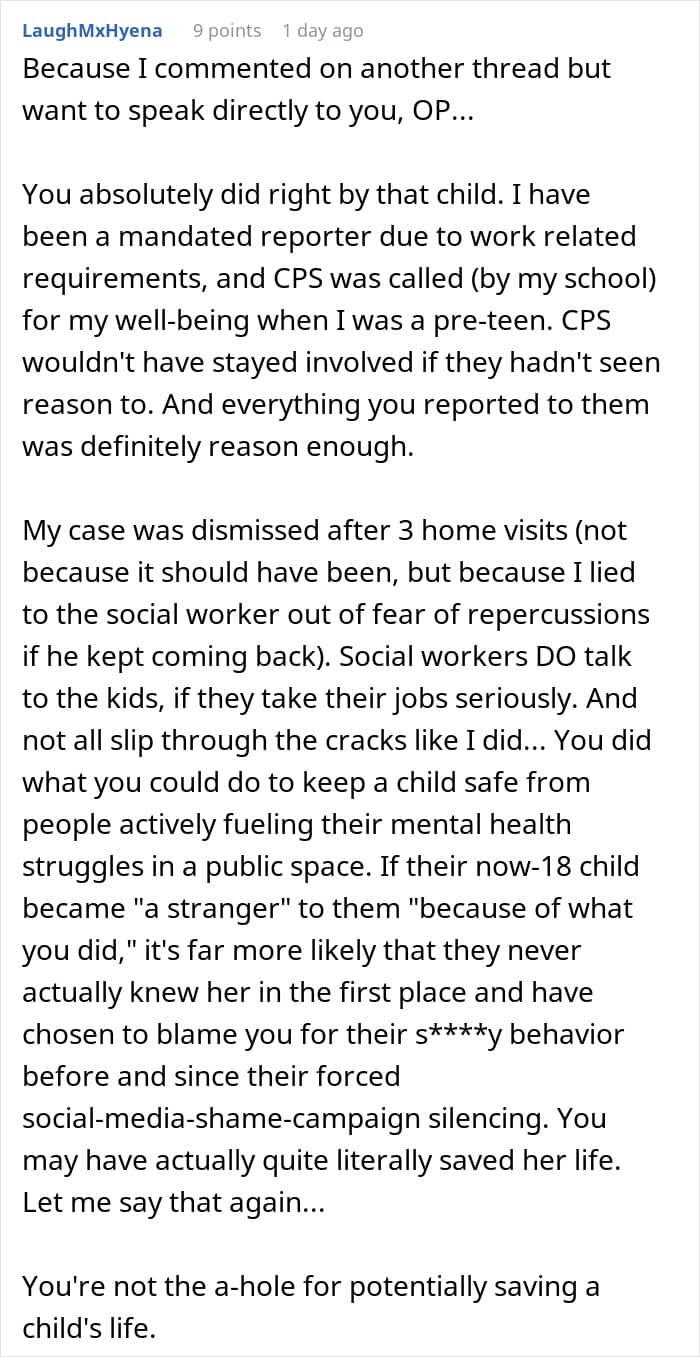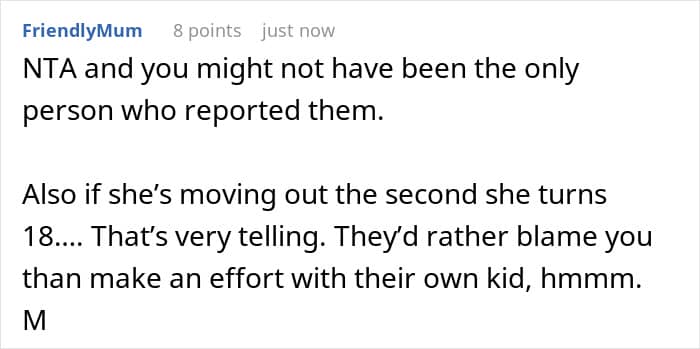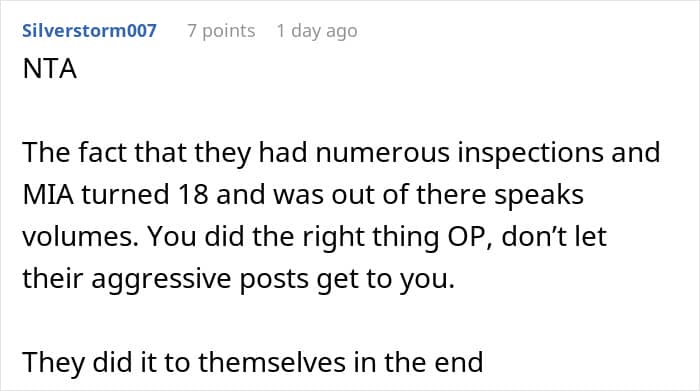Many parents share photos of their children online, whether to proudly show off their bundle of joy or to keep friends and family in the loop during some of the most important moments. However, something that they might not realize while doing so is that excessive posting of pictures or information about a child’s life can often come with certain risks.
These parents also didn’t consider them when they started sharing their daughter’s eating disorder online for everyone to see. Fortunately, their ex-sister-in-law took action to stop them from posting the girl’s sensitive information, which they weren’t particularly happy about.
Scroll down to find the full story and a conversation with licensed psychologist Dr. Katie Robinson, who kindly agreed to tell us more about sharing children’s information online.
RELATED:Sharing children’s information online come with serious risks

However, these parents didn’t care about them when they shared their daughter’s eating disorder online
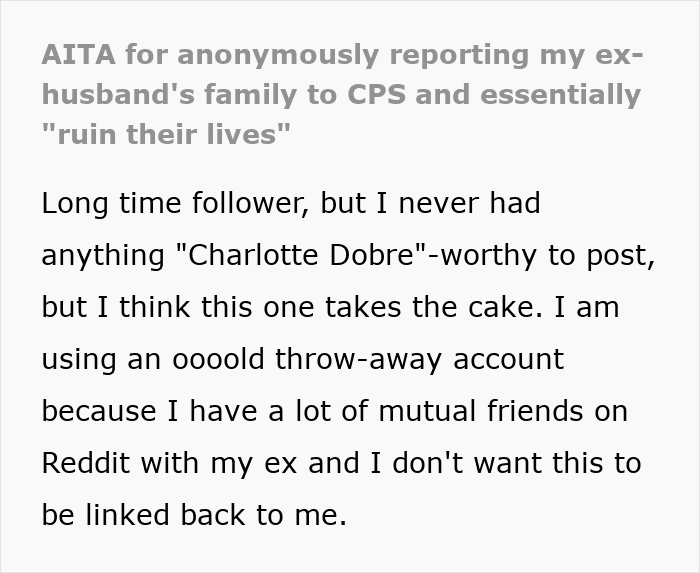


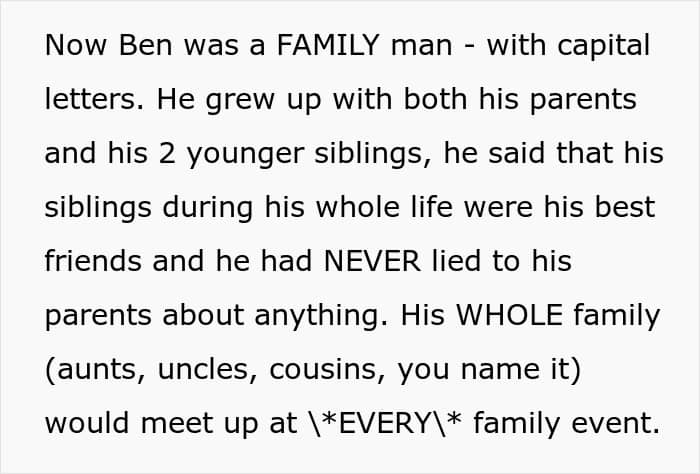

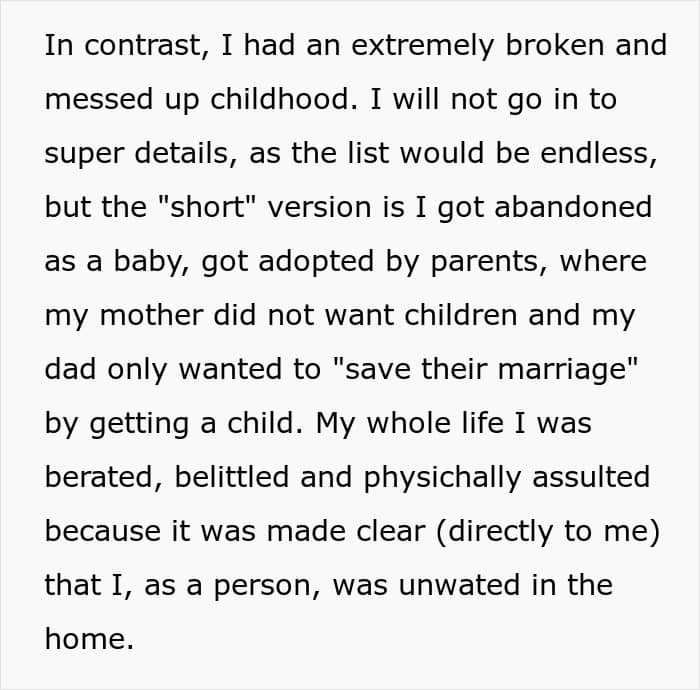
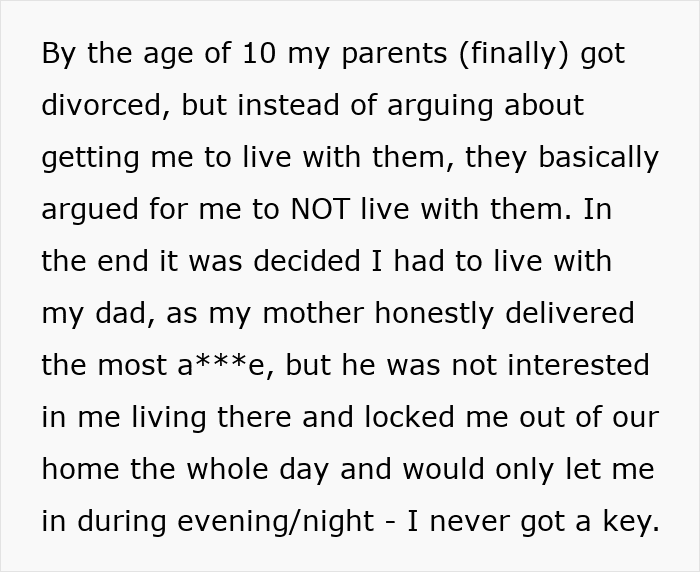
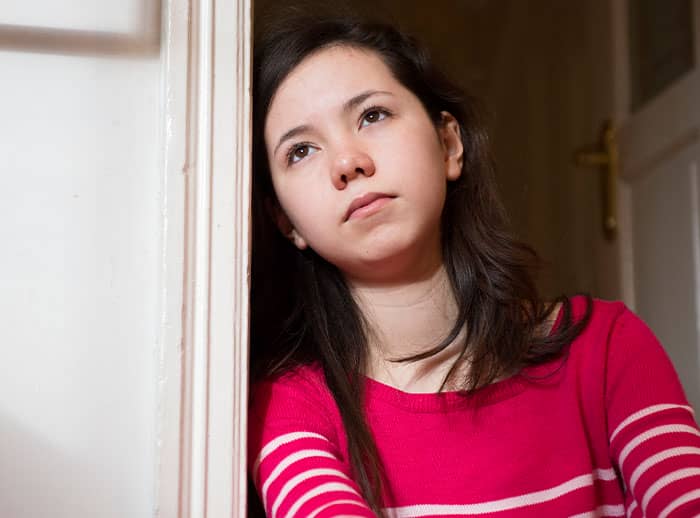
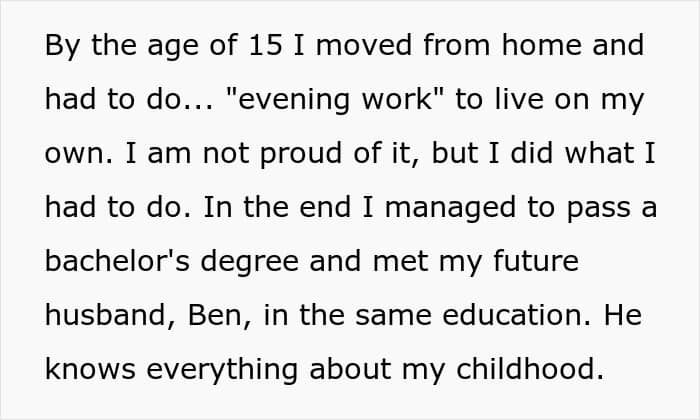

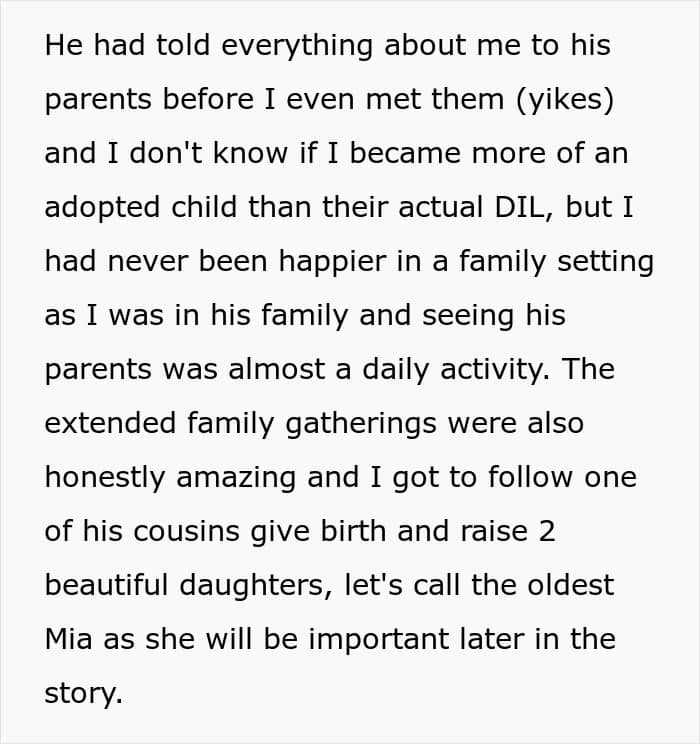
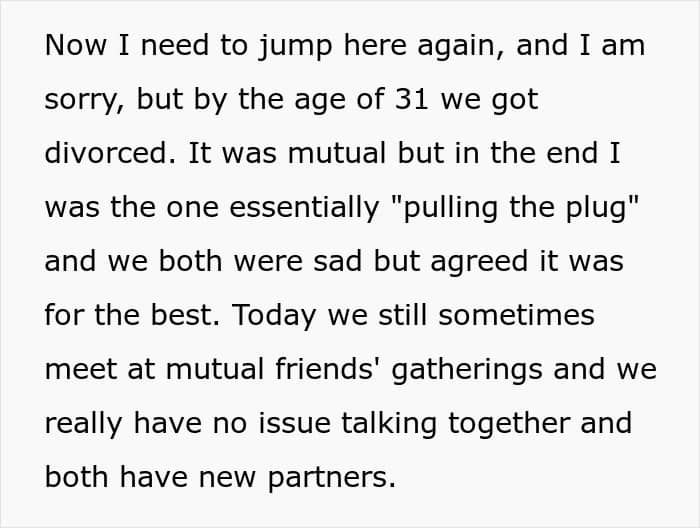
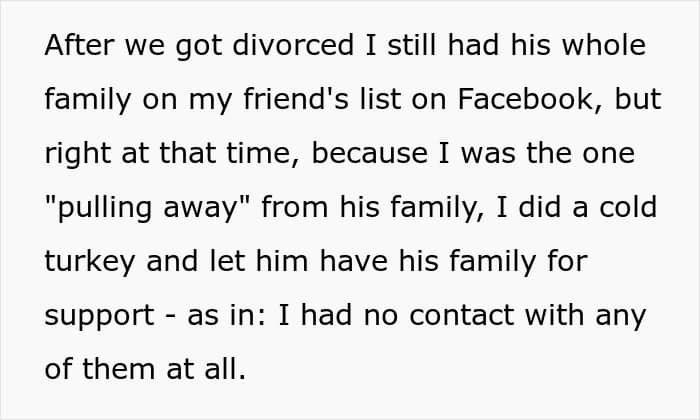

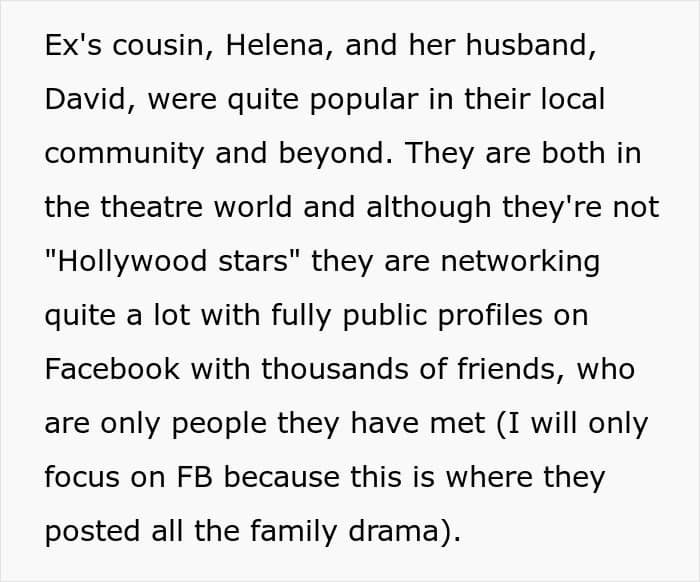



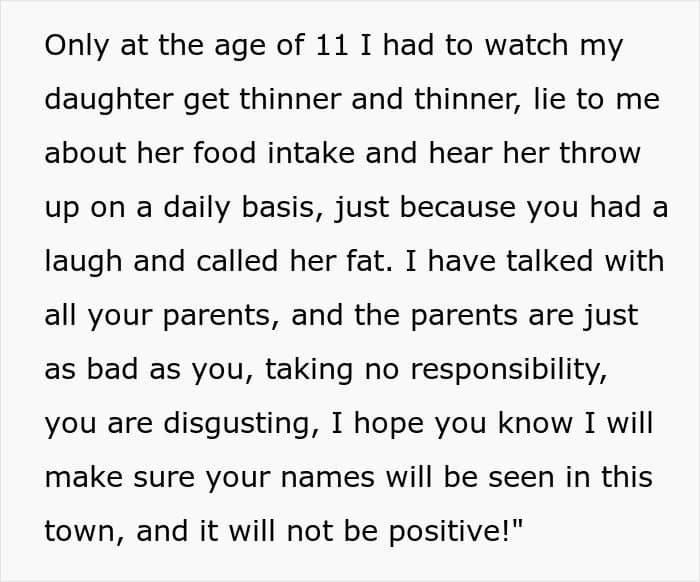
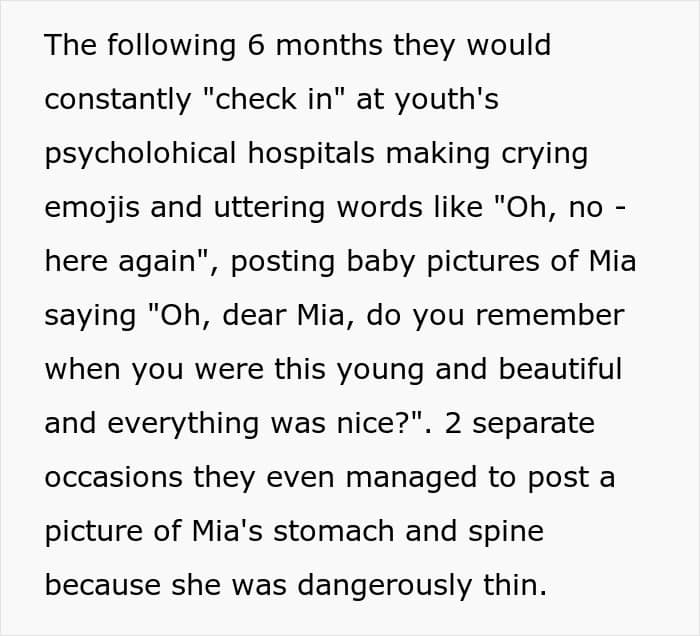

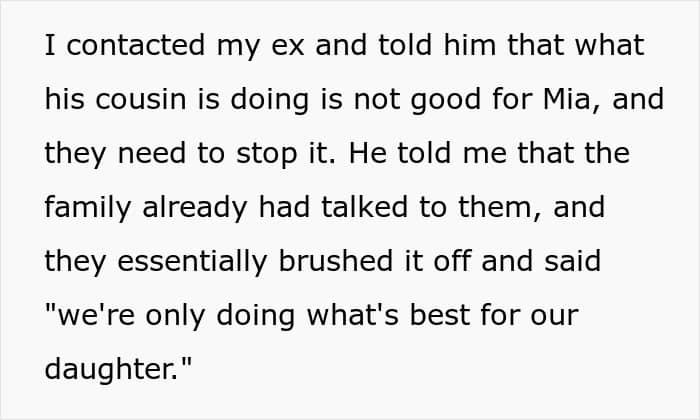
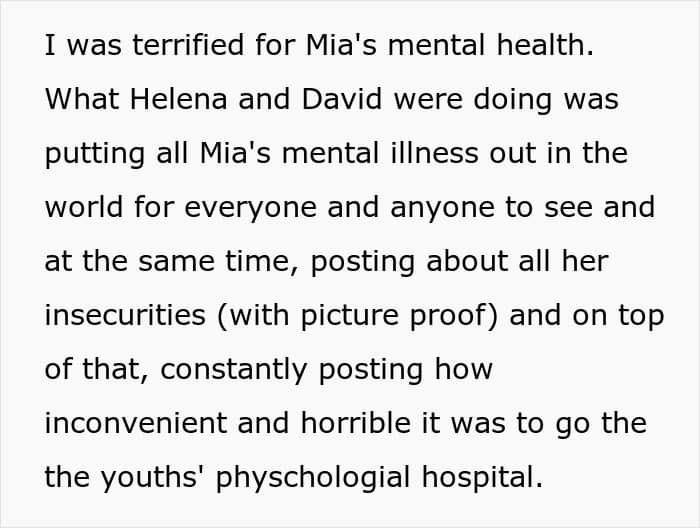
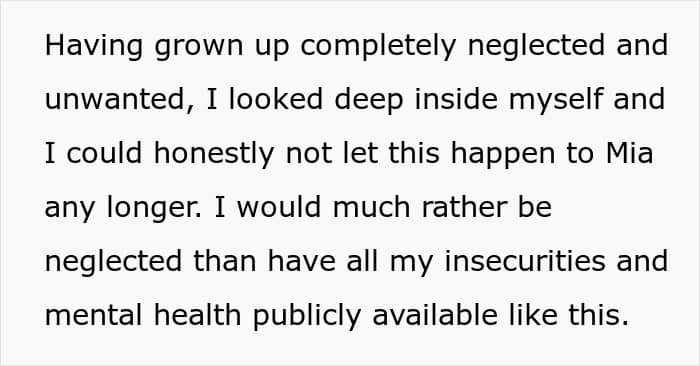

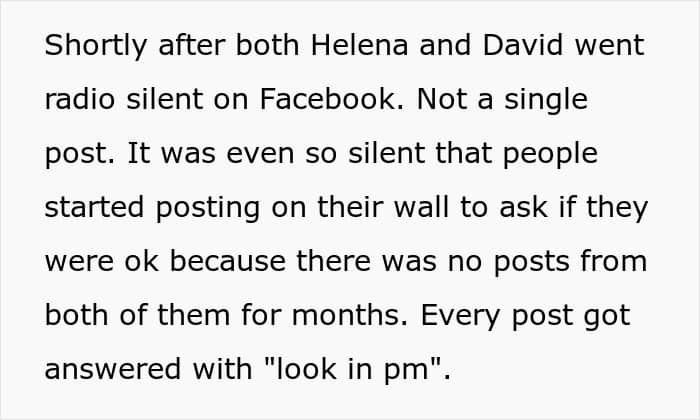
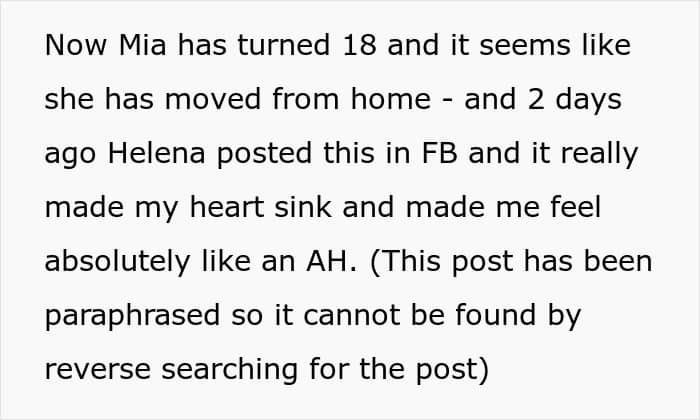
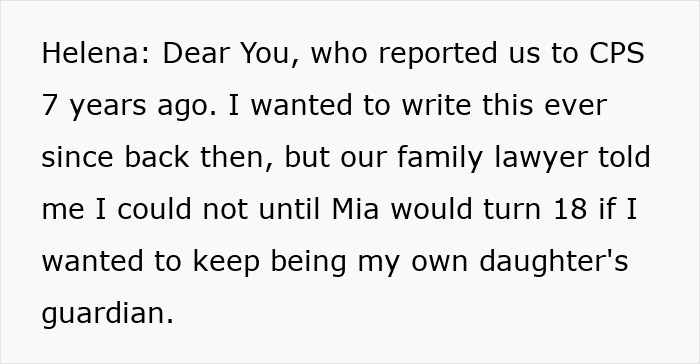
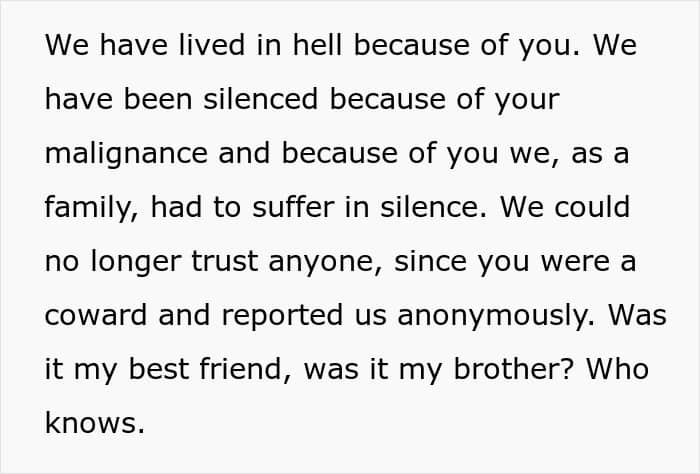
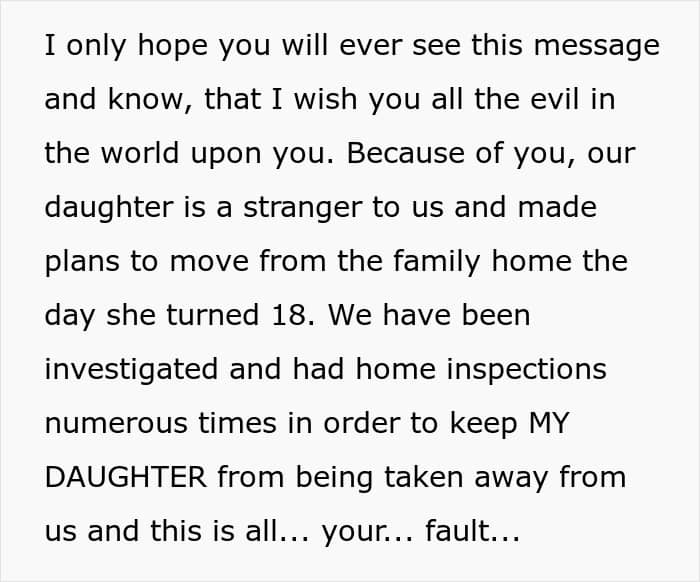


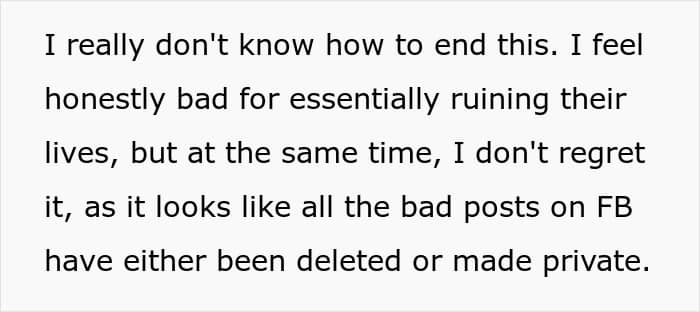
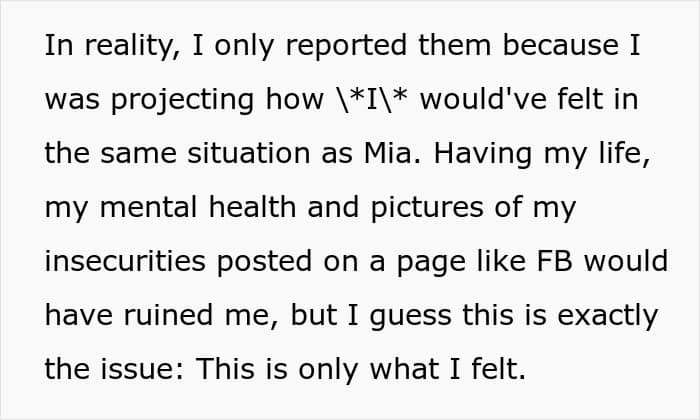

Image source: Ginnyweed
27% of parents have made their children’s inappropriate photos public
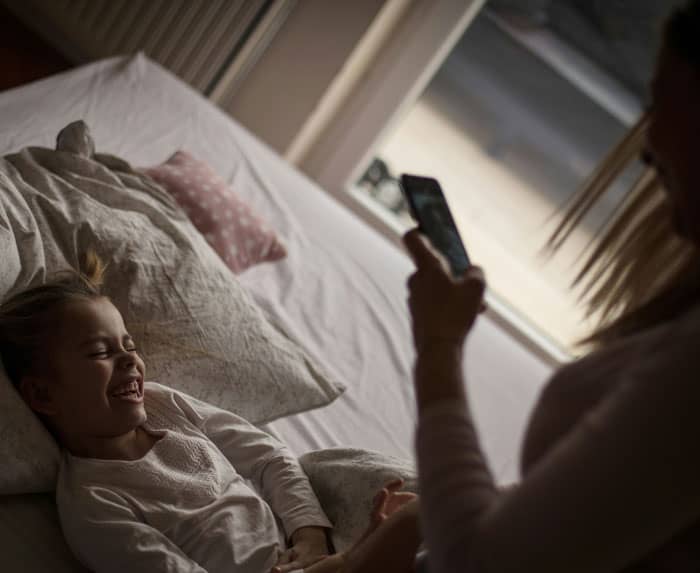
It’s common for parents to think that sharing children’s moments online is allowing them to create a digital photo album and connect with their friends and family. However, in reality, what they’re doing is creating a kid’s digital footprint that can be accessed by anyone. Nowadays, for an average child, the creation of their digital footprint often begins in the womb—before they’re even born, when parents share photos of their ultrasound.
When parents post their children’s photos here and there, it might not pose serious risks. However, when family members frequently overshare sensitive information about their kids on social media, often without understanding the possible consequences, it can attract unwanted people who could use such data with malicious intent.
This even has its own term—”sharenting,” which licensed psychologist Dr. Katie Robinson defines as the act of “someone with access to a child (parent or other relative/caregiver, usually) sharing information about children outside of the family or caretaking circle – usually online in photos, videos, or personal stories. I believe that most posting about children by parents and caregivers online is well-intentioned and a sign of a desire to connect or share, though it has consequences,” she explains.
Unfortunately, many parents don’t think about these possible risks. A 2015 survey found that 74% of parents using social media observed sharenting behavior in others. 56% reported that the family shared embarrassing information about their kid, while 51% said the posted information revealed their children’s location. 27% even reported that parents made their children’s inappropriate photos public. Since the survey was completed 10 years ago, it’s very likely that these numbers have grown.
Online exposure can affect children’s mental health and put them in danger
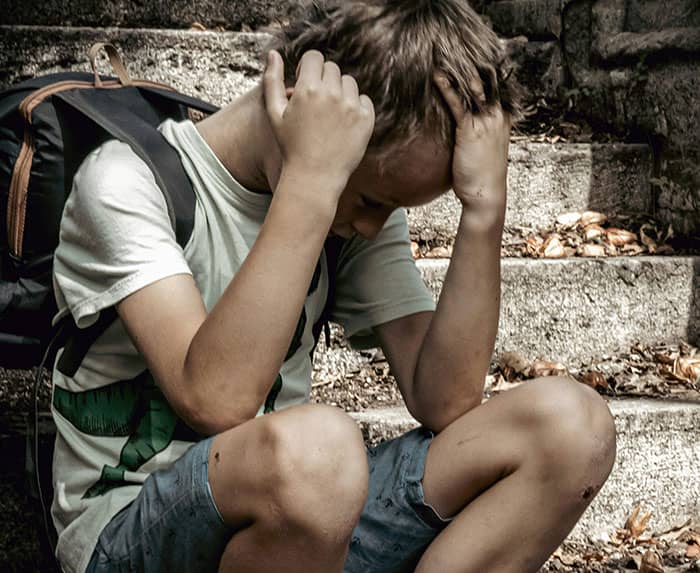
When a child is exposed to online attention without their consent, it can affect their mental health and even put them in danger. Kids may feel embarrassed and lack a sense of control when their personal information is made public, which can lead to dips in self-esteem and self-worth, damaging their mental well-being in the process. Meanwhile, creating an idealized image of them online can hinder their development and progress.
Making kids’ information public also exposes them to the possibility of online and real-life bullying, identity theft, harassment, online grooming, and even violence. “A study in Frontiers of Psychology showed that “sharenting” increases risks for identity fraud, digital kidnapping, and long-term psychological harm,” Dr. Robinson added, backing these claims with relevant research. The problem here is that parents don’t really know how far the pictures of their children can go once they’re online and how other people might use them.
To avoid any of these consequences, it’s important to be mindful of posting any photos or information about children on social media, says Dr. Robinson. “Create alternative means to share memories with family and trusted friends, like a shared, private cloud drive or album for photos or a group text. Keep your social media profiles private and maintain followers you know,” she advises.
“Inform your loved ones about your boundaries if you’ve decided that no images of your child will go online, and hold firm to those boundaries. Consider what you would want shared about you online (and if it’s not a silly bathtub photo or an embarrassing potty training story, then don’t share that about your kid) and think about the long term, about a child one day getting searched online by a potential job or a significant other. When your children are old enough, ask if they are okay with images or videos being shared (while still considering their age and the other factors I mentioned).”
The commenters believed the woman did the right thing by calling CPS on those parents
